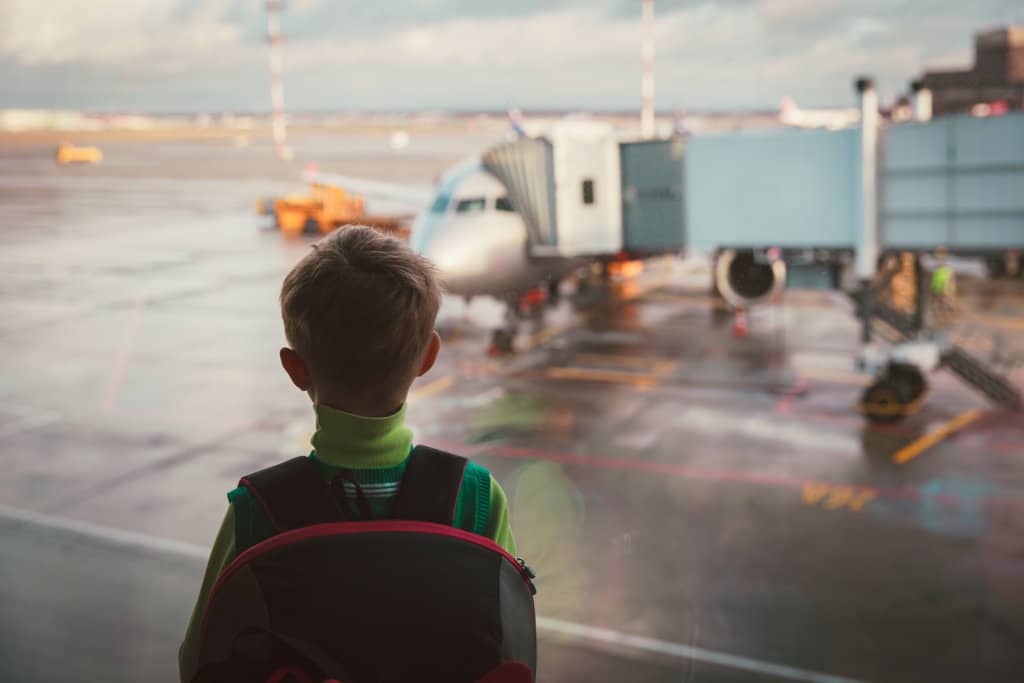India and the United States are beginning to work together to find practical solutions for children who are abducted between the two countries, Suzanne I Lawrence, special advisor for children’s issues, U.S. Department of State, said to lawmakers in Washington on April 11.
“In February of this year, I traveled to India to encourage government officials there to resolve the numerous abduction cases they have, and for India to join the Convention,” Lawrence said, talking about the 1980 Hague Convention on the Civil Aspects of International Child Abduction (HCCH). India is not party to the convention, and “has demonstrated a pattern of noncompliance as defined in the Act,” she added, PTI reported.
The HCCH is an international treaty that seeks to combat international parental child abductions (IPCA) and also seeks a rapid procedure for the return of the child to the country of the child’s habitual residence.
“I believe, based on my recent trip, and due to persistent engagement on IPCA from other officials, India is beginning to work with us to find practical solutions for children who are abducted between our two countries,” Lawrence said.
The Bureau of Consular Affairs at the U.S. Department of State is seeking cooperation from foreign governments on abduction cases, she added. It is also actively encouraging countries to become party to the HCCH. In addition to being the best option for parents seeking the return of their children, HCCH is also the best means of ensuring that countries share the same objectives for resolving IPCA, Lawrence stated.
“Overall, our efforts are a success story. In the past 10 years we assisted in the return of over 4,500 children to the United States. In fact, the number of new abductions reported to the Department of State has declined by over 60 percent in the past 10 years,” Lawrence said.
Parental child abduction is not a crime in India, the U.S. Department of State says in its travel advisory over the issue. “Parents may wish to consult with an attorney in the United States and in the country to which the child has been removed or retained to learn more about how filing criminal charges may impact a custody case in the foreign court,” according to the advisory.
In November 2016, India’s Women and Child Development Minister Maneka Gandhi took the decision to not be a signatory to the HCCH. “We found that there are more cases of Indian women who return to the safety of their homes in India after escaping a bad marriage. Cases of women who are foreign citizens, married to Indian men, going away with their children are far fewer. Hence, signing HCCH would be to the disadvantage of Indian women,” an official from the Women and Child Development Ministry had then said, the Indian Express reported.
